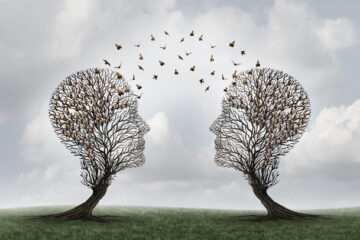
Last week, I had an opportunity to attend International Young Leaders Assembly (IYLA) at the World Bank’s office in D.C. IYLA aims to empower global young leaders to positively impact their communities, nations, and the world. IYLA also provides a platform where young global leaders brainstorm ideas on global issues and their solutions. As a participant in the assembly I, along with a group of 10 people, chose “socio-economic instability” in the world. After brainstorming on the socio-economic instability in the world, we chose “extreme poverty” as our social issue. We came up with the idea of establishing a social enterprise where we will engage volunteers to enhance the capacity of economically less privileged communities with entrepreneurship. After engaging volunteers, we will help them start their own small businesses.
While brainstorming, we came across a lot of ideas to work on but one thing that fascinated and surprised me was the growing gap between rich and poor. In a continuous momentum, the gap between rich and poor is increasing day by day and seems like the world is helpless to solve this major challenge. Solving this problem is not an easy job as this requires a long-term strategy and serious effort.
Taking an example of the gender wage gap, women earn less than men. On average a woman earns $ 0.80 compared to a man while in reality, both have the same level of responsibilities to carry on. This wage gap is not based on skillset, but, it is just a common perspective that prevails women to be paid less than men.
Likewise, ethnicity plays a big role too. If we look at the earning gap among different ethnic backgrounds, then the figures that prevail are really astonishing. A study by Federal Reserve Bank of San Francisco by an economist found that the average earning of the black male had gone down by 10 percent more. It was about 80 percent of black male to a white man (that was $ 15 per hour versus $ 19 dollar per hour), while now it is about 70 percent (which is $ 18 per hour versus $25 dollar per hour). Even the wages has increased for both the ethnics but still, black men lags behind by 30 percent. Efforts has been made in the form of advocacy on different levels, but, the prevailing figures doesn’t show any significant impact.

We can’t blame the corporate sector for all this happenings because in cases like this governments have to play their role. If the gaps are widening day by day and government is silent on this, it shows that a specific set of people are given priority while others are ignored. Let’s suppose for a second that we have eliminated the wage gap, but still are so many factor that are affecting and giving aid to the wage gap. Opportunities such as access to education, health facilities, entrepreneurial mindset, safety and security, and an indiscriminate environment can help a lot in getting rid of the gender and ethnic gaps. An environment of establishing an environment to boost small and medium level enterprises will be the start to get to reduce the wage gaps, enhance economic empowerment, and a sense of civic citizenship. This is all need to be done, but, still, we have time to act and overcome the challenges of wage economic, extreme poverty, and inclusive society.



